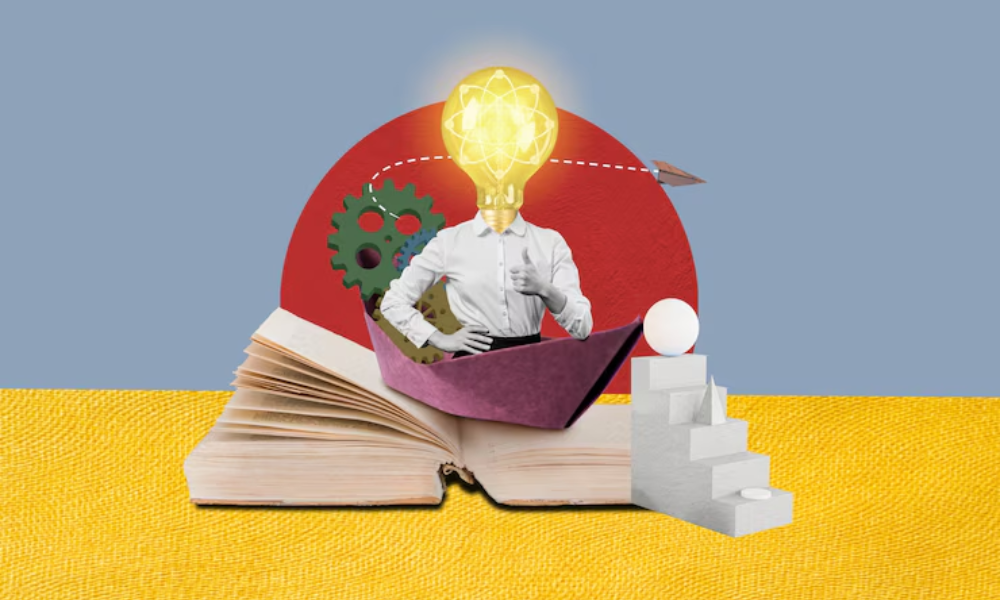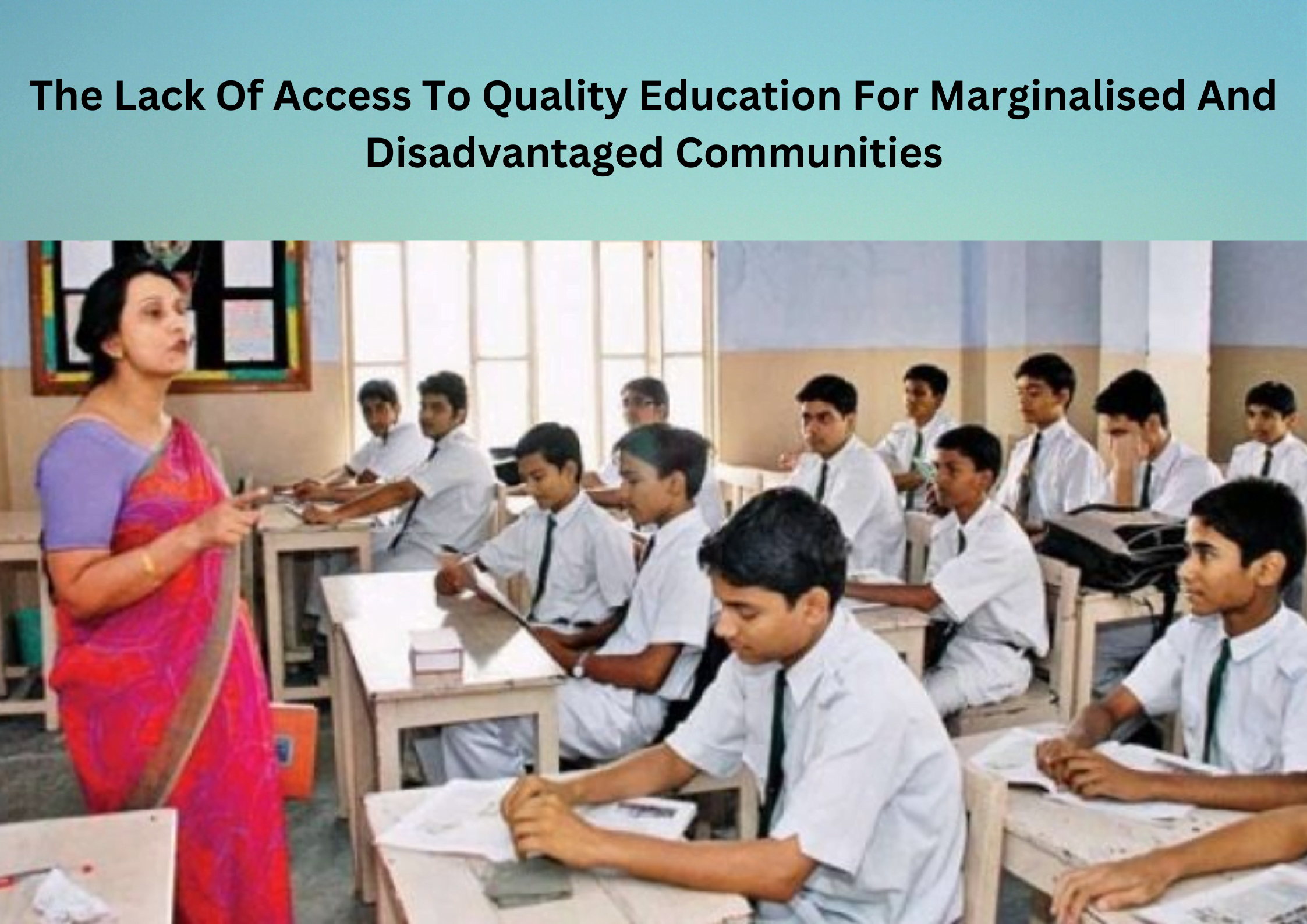Education isn’t just about passing tests; it’s about preparing you for life’s challenges and opportunities. Yet, many people don’t have access to a quality educations. Let’s explore what is quality educations means, why it’s crucial, and how we can ensure everyone has a fair chance at it.
Understanding Quality Educations
Quality educations means more than just learning facts. It’s about growing in every way—socially, emotionally, mentally, physically, and intellectually. It’s about helping you become the best version of yourself in a school that supports and welcomes you.
Key Components
Good Teachers: Imagine having teachers who love what they do and are excited to help you learn.
Learning Tools: Think of using great books and technology that makes learning fun and effective.
Supportive Environment: Picture a school where you feel safe, healthy, and part of a community that cares about you.
The Importance of Quality Educations

Effective Learning Outcomes
Quality educations ensures you learn what you need to succeed and develop essential skills. For instance, did you know that in 2022, only about 1 in 5 third graders in India could read at their grade level? This shows why we need better education for everyone.
Skill-Building
It’s not just about passing exams; it’s about getting ready for jobs and life challenges. Right now, only half of young people in India have the skills employers look for. We can do better.
Overcoming Barriers and Inequalities
Getting a good education helps you overcome unfair treatment based on your race, gender, or how much money you have. It helps you break free from poverty and be part of making the world fairer for everyone.
Challenges in Accessing Quality Educations

Marginalization in India
Some people in India still don’t get the education they deserve because of things like their caste, gender, or how much money they have. Even though laws protect them, it’s still tough.
State of Government Schools
Government schools often lack good buildings, enough teachers, or the right tools for learning. This makes it hard for everyone to get the education they need to succeed.
Impact on Mental Health
Not getting a good education can make you feel left out and less confident. This is especially true if you come from a background where education is hard to get.
Strategies to Improve Quality Educations

Tailored Learning Approach
Imagine teachers who understand what you need to learn and help you in the best way possible. Using computers and other tools can make learning more fun and help you learn at your own pace.
Educational Alternatives
If regular schools don’t work for you, there should be other ways to learn, like studying at home or online. Everyone should have a chance to learn in a way that suits them.
Using Technology
Schools should use computers and other tools to help you learn better. Online schools are a great example of how you can get a good education without spending a lot of money.
Conclusion
A quality education isn’t just a privilege; it’s your right and key to a better future. It helps you learn, be treated fairly, and make a difference in the world. By fixing problems and using good ideas, everyone can get the education they need and deserve.
FREQUENTLY ASKED QUESTION
Q1. What does quality education mean?
Answer. Quality education means comprehensive learning that supports social, emotional, and intellectual growth.
Q2. Why is quality education important?
Answer. It ensures students develop essential skills and prepares them for future success in life and work.
Q3. How can we improve access to quality education?
Answer. By investing in qualified teachers, modern learning tools, and creating supportive learning environments.
Q4. What are the challenges in accessing quality education?
Answer. Challenges include inequalities based on caste, gender, and economic status, and inadequate resources in government schools.
Q5. What role does technology play in enhancing education?
Answer. Technology helps personalize learning, bridge educational gaps, and provide access to diverse resources.









